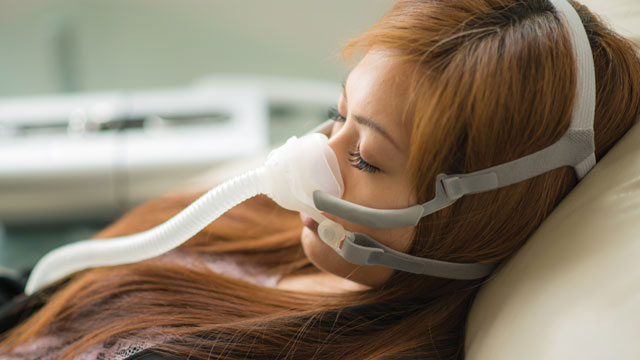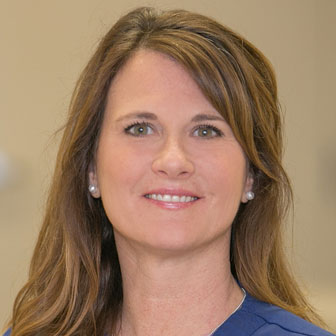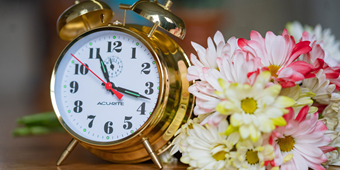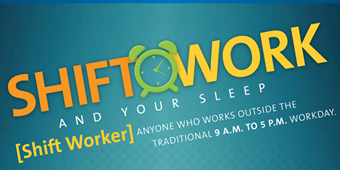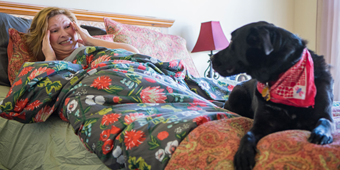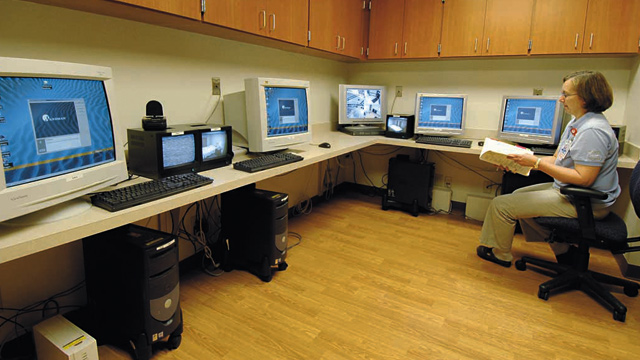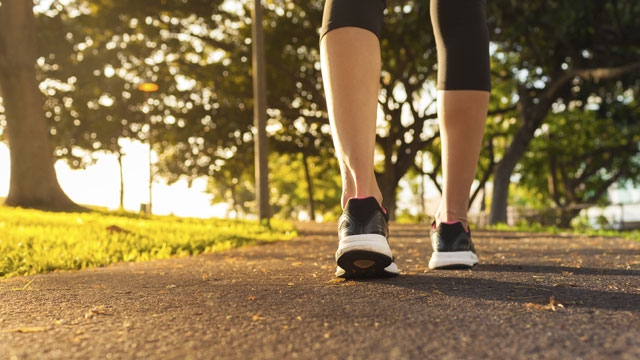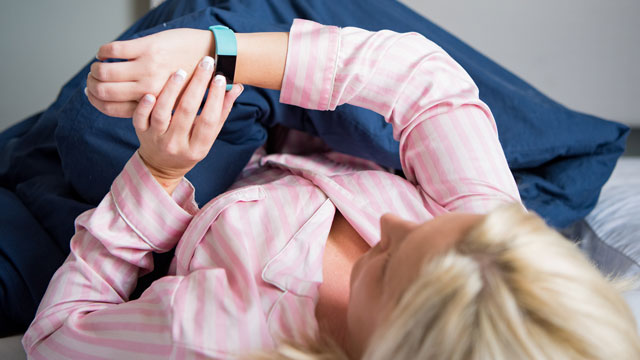Sleep Apnea Alternatives: Beyond the CPAP Machine
.jpg?sfvrsn=d48d6493_2)
Find Your Perfect Match
Answer a few questions and we'll provide you with a list of primary care providers that best fit your needs.
If you’re one of the 18 million Americans whose sleep is disrupted by obstructive sleep apnea, you’re probably aware of continuous positive airway pressure (CPAP) machines. You may even be using one of these units, which direct a steady stream of air to keep your airway open for a restful night’s sleep.
"CPAP therapy is considered the 'gold standard' for treating obstructive sleep apnea,” says Jodi Stitt, RRT, respiratory therapist with Fidelity Health Care.
Even so, CPAP isn’t for everyone. Stitt explains, “The CPAP mask can be uncomfortable for some patients, even after they have tried every mask option available. And many patients have difficulty exhaling against the pressure delivered from the machine.”
Some people who travel a lot don’t like having to pack their sleep equipment to take with them. “Even though traveling with a CPAP machine has never been easier," says Stitt.
"For mild to moderate sleep apnea," Stitt says, "an oral appliance can be effective in reducing apnea events."
Oral Appliances
.jpg?Status=Master&sfvrsn=19e25143_0)
If CPAP therapy doesn’t work for you, you can explore other options with your sleep physician. New devices and approaches are continually being developed and brought to market.
One of the most common alternatives are oral appliances. The typical oral appliance designed for sleep apnea is worn inside the mouth, like an athlete's mouth guard. It holds the bottom jaw forward, preventing the tongue and muscles in the airway from blocking airflow.
More than 100 oral appliances, approved by the FDA for treatment of snoring and obstructive sleep apnea, are on the market.
"For mild to moderate sleep apnea," Stitt says, "an oral appliance can be effective in reducing apnea events."
The appliances are custom-fit and built to your requirements by a dental specialist. They can take a little time to get used to. And you may need to visit the dentist several times to adjust your device to work effectively for you.
When they work well, oral appliances can be more comfortable, easier to use and more portable than other treatments.
Other Approaches to Beating Sleep Apnea
Beyond CPAP and oral appliances, other therapies and treatments include:
- UAS (upper airway stimulation) therapy. UAS uses a small, surgically implanted generator that monitors breathing patterns. As needed, it mildly stimulates airway muscles to keep the passage open.
- UPPP (uvulopalatopharyngoplasty). This surgical procedure removes and/or reshapes tissues in the throat, such as the soft palate and uvula, to enlarge the airway.
- Weight loss and changes in sleep position. These can help for milder cases of sleep apnea. Studies have shown that about 70 percent of people with obstructive sleep apnea are overweight or obese.
How to Get Help
If you snore or feel that you might have sleep apnea (perhaps, you find yourself frequently nodding off during the day), contact your health care provider. Ask if a sleep study might be right for you.
Find Your Perfect Match
Answer a few questions and we'll provide you with a list of primary care providers that best fit your needs.
Source: Jodi Stitt, respiratory therapist, Fidelity Health Care; Harvard Health Publishing; America Sleep Apnea Association


